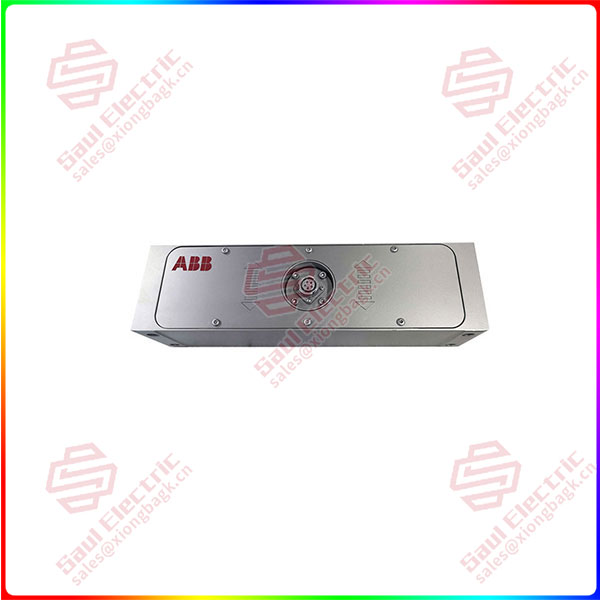Calibre 3DThermal provides complete internal chip and package thermal analysis for 3D ics, helping to address design and validation challenges from early exploration of chip design and 3D assembly to project Signoff
New software integrates advanced design tools from Siemens to capture and analyze thermal data throughout the design process
PFCL201CE Siemens Digital Industry Software today announced the launch of Calibre® 3DThermal software for the analysis, verification and debugging of thermal effects in 3D integrated circuits (3D ics). Calibre 3DThermal combines the capabilities of Siemens Calibre validation software and Calibre® 3DSTACK with the Simcenter™ Flotherm™ thermal field analysis engine. By enabling chip designers to quickly model and visualize thermal effects in designs from the early internal exploration of chip and package design to the signoff stage, they can take steps to mitigate such issues. Calibre 3DThermal provides the necessary output for subsequent electrical simulations to take thermal effects into account. Calibre 3DThermal also receives input boundary conditions for analysis and provides output to Simcenter Flotherm, enabling thermal modeling from IC to package to board and system level.
Calibre 3DThermal was developed to address the thermal demands of 3D IC architectures and provides a fast, accurate, powerful and complete method for quickly identifying and solving complex thermal problems. Calibre 3DThermal’s flexibility allows users to start a feasibility analysis with very little input and perform a more detailed analysis when more detailed information is available, taking into account the details of metal distribution and its impact on heat dissipation. This progressive approach allows designers to optimize the analysis and make various fixes, such as changing the layout and adding stacked holes or TSVS, to avoid thermal hot spots and/or to dissipate heat more efficiently. This iterative process continues until assembly is complete, significantly reducing the risk of performance, reliability, and manufacturing issues during streaming.
To provide this advanced level of thermal analysis, a thorough understanding of 3D IC assembly is required, and waiting until assembly is complete to detect and correct errors can seriously interfere with the project process. Calibre 3DThermal reduces this risk through automation and integration, allowing engineers to perform thermal analysis iterations at every stage of the design.

PFCL201CE
Calibre 3DThermal is embedded with a customized Siemens Simcenter Flotherm thermal field analysis engine to create accurate chiplet thermal models for static or dynamic simulation of the entire 3D IC assembly. Analysis and debugging of results can be simplified by integrating traditional Calibre RVE into a variety of IC design tools. The integration of these tools can provide tailor-made thermal analysis solutions for the specific needs of 3D IC designers.
PFCL201CE As with all Calibre products, Calibre 3DThermal seamlessly integrates design tools from third parties, as well as a wide range of software from Siemens, including the newly launched Innovator3D IC™. In all design processes, Calibre 3DThermal captures and analyzes thermal data throughout the design lifecycle.
Michael Buehler-Garcia, Vice President of Product Management for Calibre, Siemens Digital Industrial Software, said: “Calibre 3DThermal represents a significant step forward in 3D IC design and validation, enabling designers to address thermal challenges early in the design process. By integrating thermal analysis directly into every stage of the IC design process, our customers are able to create more reliable high-performance 3D ics with greater confidence and efficiency.”
Collaborate with UMC
Siemens has partnered with United Microelectronics Corporation (UMC) to deploy innovative thermal analysis processes using Calibre 3DThermal for UMC customers. The process is specifically tailored to UMC’s wafer-on-wafer and 3D IC technologies and has been validated and is scheduled to be available to UMC’s global customers soon.
Osbert Cheng, vice president of Device Technology development and design Support at UMC, said: “The semiconductor industry is facing increasing thermal challenges, especially in the thermal analysis and thermal gradient simulation of advanced 3D IC technologies, and UMC has been committed to providing effective solutions for the industry. “Through our collaboration with Siemens and the application of Calibre 3Dthermal, we are now able to provide our customers with complete thermal analysis capabilities to address critical thermal issues, enabling design optimization and enhanced product performance and reliability.”
 1 Year Warranty
1 Year Warranty




